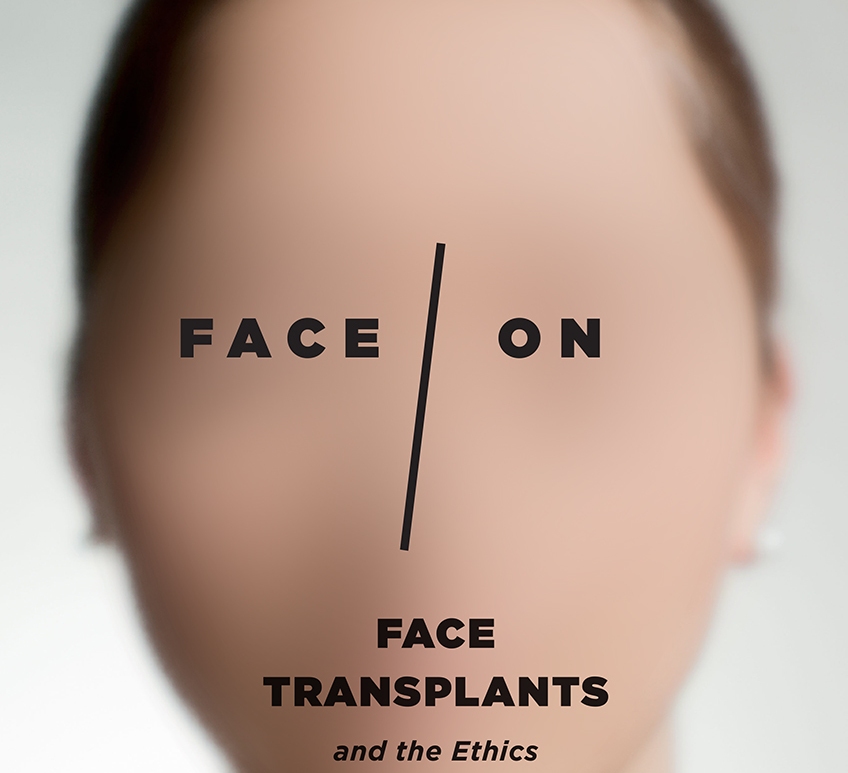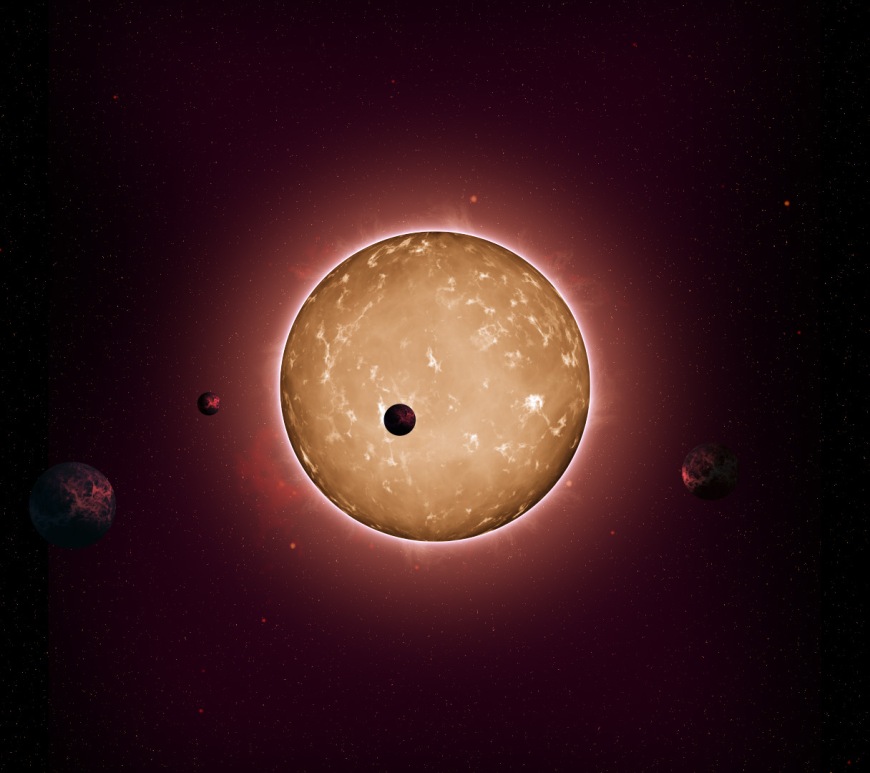
Face/On: An Interview
Sharrona Pearl’s new book is an absolute pleasure to read. Face/On: Face Transplants and the Ethics of the Other (The University of Chicago Press, 2017) looks closely at facial allotransplantations, commonly known as face transplants, in order to offer a careful and fascinating study of the stakes for changing the face, and the changing stakes for the face. Troubling the indexical relationship between the face and … Continue reading Face/On: An Interview








